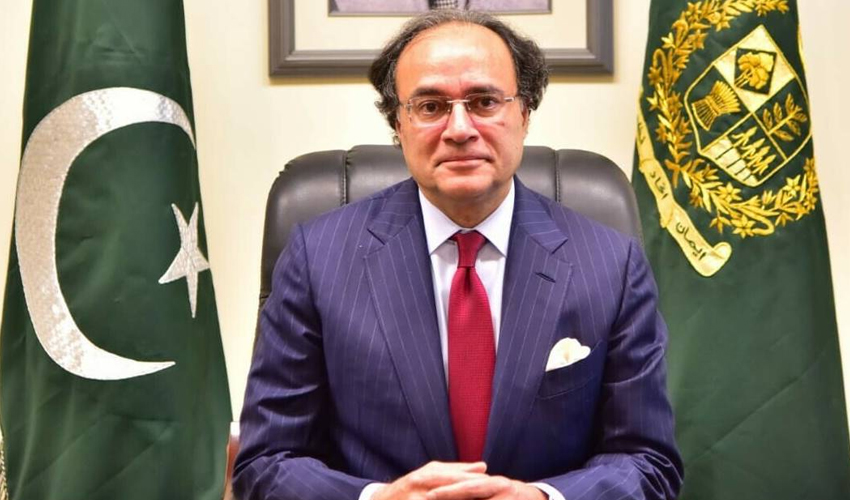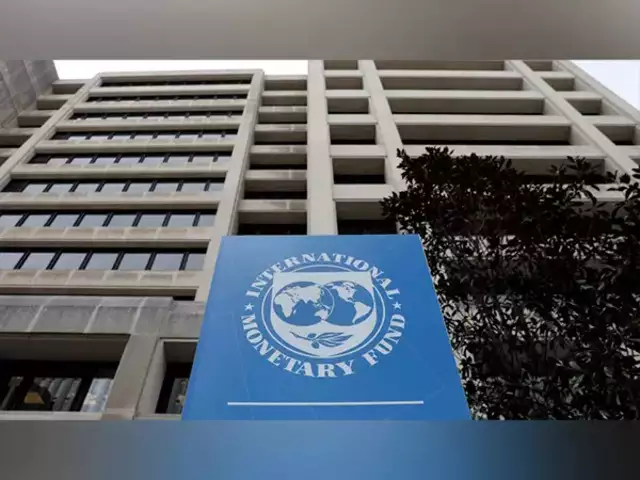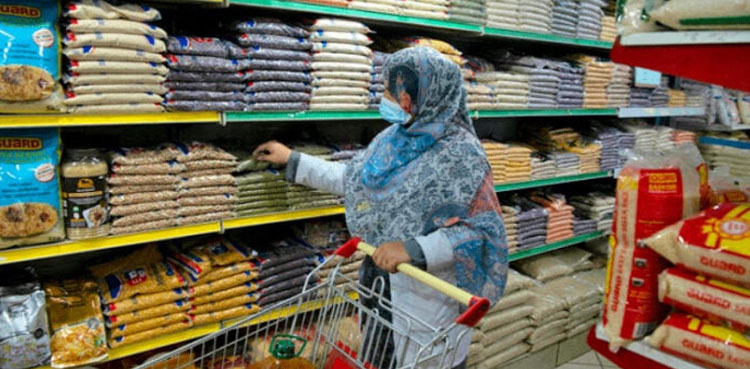Federal Minister for Finance and Revenue Mohammad Aurangzeb emphasized the critical role of the banking sector’s recommendations in promoting growth and sustainability across three priority sectors: small and medium enterprises (SMEs), digital and technology, and agriculture. Speaking at a meeting with a delegation from the Pakistan Banks’ Association (PBA), the minister outlined the initiative’s goals to encourage banks to contribute to these sectors based on their unique capabilities and strengths.
Aurangzeb clarified that while there would be no “directed lending,” voluntary targets would be set between banks and regulators to ensure that the banking sector shares the responsibility of supporting these crucial areas. “I expect that the banks will continue to work with the government in the revival and growth of the economy,” he stated.
Key recommendations for the agriculture sector included restructuring crop loan insurance schemes to incorporate crop yield factors. This would revitalize agricultural cooperative banks and update provincial agricultural cooperative legislation to facilitate the creation of agricultural cooperative lending institutions. Furthermore, technology-driven solutions were proposed to aid the distribution of targeted subsidies to subsistence-level farmers, akin to the Benazir Income Support Programme (BISP), thereby promoting financial inclusion.
The meeting underscored the importance of enhancing bank support for agriculture, SMEs, and the digital and technology sectors in Pakistan. PBA Chairman Zafar Masud and the steering committee members presented comprehensive recommendations, developed in close collaboration with the State Bank of Pakistan (SBP). These proposals aim to address the unique challenges and opportunities within each sector effectively.
For SMEs, the minister was informed of ongoing efforts to revise SME Prudential Regulations, enhance clean financing limits, and review regulatory retail portfolio limits to facilitate SME financing. Additionally, the PBA proposed establishing an “SME and Agriculture Index” to target customers currently outside the documented economy and enhance credit risk management.
On the digital and technology front, the PBA suggested facilitating retail foreign investment through digital micro sukuks/infra bonds and integrating freelancers into payment gateways. Enhancing foreign remittance flows through specially developed online portals for overseas Pakistanis was also recommended. The PBA emphasized the need for banks to offer products and services in the technology space, currently used internally, to the broader market to harness export flows.
The economy more effectively, outlining the role banks would play in supporting the government’s efforts in this respect. The minister praised the PBA’s steering committee and task forces for their thorough analysis and valuable recommendations. He underscored the banking community’s crucial role in driving economic growth and stressed the importance of banks enhancing their efforts to support these priority sectors.
Aurangzeb approved the governance structure for implementing the PBA’s recommendations in collaboration with the SBP and the Ministry of Finance and Revenue, spearheaded by him and the SBP governor. “PBA and its members are fully committed to working closely with the Ministry of Finance and the SBP to implement these recommendations, ensuring the effective contribution of the banking sector to Pakistan’s economic prosperity,” vowed the PBA chairman.
The collaborative efforts between the banking sector and government bodies to stimulate growth in vital economic areas. The proposed measures aim to provide a robust framework for banks to support agriculture, SMEs, and technology, ultimately fostering a more inclusive and sustainable economic environment in Pakistan.
The emphasis on voluntary targets rather than mandatory lending underscores a flexible and cooperative approach, allowing banks to leverage their unique strengths while aligning with national economic goals. This strategy is expected to enhance financial inclusion, support small businesses, and integrate technological advancements into the broader economic framework.
As Pakistan continues to navigate its economic challenges, the collaborative efforts between the banking sector, SBP, and the Ministry of Finance and Revenue will be pivotal in driving growth and stability. The proposed initiatives reflect a comprehensive approach to addressing sector-specific needs while promoting overall economic development.




